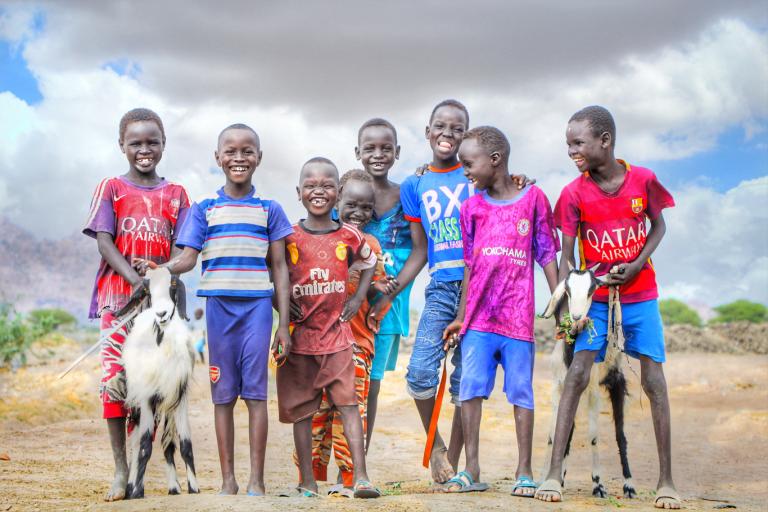WMO Executive Council empowers youth
The 78th session of the WMO Executive Council (EC-78) has made a landmark decision to acknowledge the critical role of youth as future leaders and decision-makers. With 1.8 billion people worldwide aged between 15 and 24, this demographic represents a quarter of the global population but remains underrepresented in decision-making processes, projects, and expert teams.

In alignment with the United Nations' Youth Strategy established in 2018, EC has called for the development of a comprehensive Youth Action Plan. This plan will be presented at the Seventy-ninth session of the Executive Council (EC-79) and recommended for adoption at an Extraordinary session of Congress.
“We need to give Youth the power to take action, it is not just about listening, but giving them the opportunity to take action”, said Secretary-General Celeste Saulo.
“Young people have the ability to think outside of the box when they meet complex situations. We are sometimes so stuck in our ways we cant see the solutions out there”, said Johan Stander, Director of the Services Department who actively promoted the idea to give youth a key role in the WMO community.
The Council has tasked the WMO Secretary-General with nominating a Youth Focal Point within the Secretariat to lead the development of the Youth Action Plan. This role will involve collaboration with relevant WMO bodies and annual input to the UN Youth Strategy. Additionally, the Council encourages all Regional Associations, Technical Commissions, the Research Board, Hydrological Coordination Panel, and UN partners to identify focal points to assist in this initiative.
This decision comes in response to several critical factors:
- Vulnerability to Climate Change and Mental Health Impacts: One billion children are at extremely high risk of climate change impacts, with a 3 °C warming scenario potentially leading to five times more extreme events experienced by children. Approximately 85% of children live in low-middle-income countries vulnerable to climate change, and children account for 50-60% of those impacted by disasters. Between 2016 and 2021, weather-related disasters led to 43.1 million internal displacements of children. Additionally, climate change has significant mental health repercussions, including ecoanxiety, with 89% of young Australians reporting concerns about its effects.
- Youth Engagement and Innovation: Partnering with youth organizations and early-career scientists can introduce new perspectives and innovative solutions, highlighting previously unrecognized challenges and opportunities.
- Existing Youth Initiatives: WMO has been actively engaging with and supporting numerous initiatives focused on children and youth. These activities, however, have been carried out on an ad-hoc basis, without a guiding overall strategy. The new Youth Action Plan aims to provide a cohesive framework to unify these efforts and maximize their impact.
Since the UN's launch of Youth2030 in September 2018, which aims to transform UN system work with and for youth, 55 UN entities and all 131 UN Country Teams have actively implemented the strategy. However, WMO has not been among these entities, prompting the current push for greater youth involvement.
To support these efforts, the EC invites Members to contribute to the WMO Youth Trust Fund and provide other intangible support to enable the Secretariat to perform these functions effectively.
This decision underscores the WMO's commitment to integrating youth perspectives into its work, recognizing the vital role young people play in addressing the pressing global challenges of climate change and disaster management.

